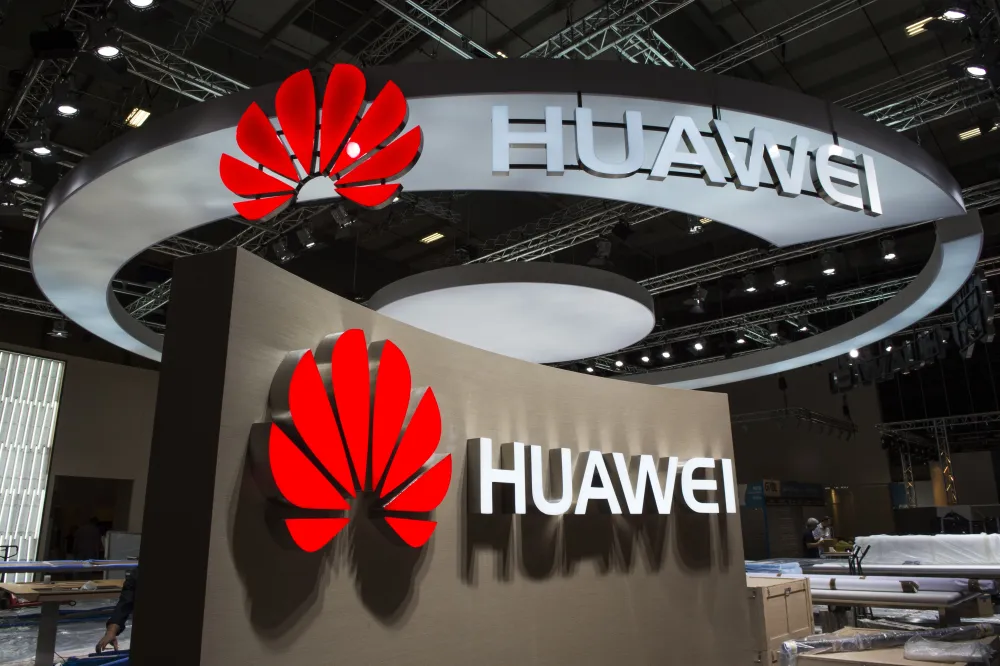In a recent move indicating heightened concerns surrounding national security, Germany’s Interior Minister, Nancy Faeser, emphasized the country’s unwavering stance against potential risks embedded within its 5G telecommunications infrastructure. Faeser’s comments in an interview with the Handelsblatt newspaper highlight Germany’s readiness to address these concerns, irrespective of the financial implications involved in overhauling components provided by Chinese tech giants, Huawei Technologies and ZTE.
The underlying sentiment expressed by Minister Faeser is clear: the integrity and security of Germany’s 5G network take precedence over economic considerations. “If there’s a heightened risk with components from providers like Huawei and ZTE, the cost of replacing these parts should not be a deterrent,” Faeser remarked. She went on to stress that should any components be identified as posing a grave threat to national security, immediate action will be mandated, compelling network operators to dismantle and replace the said parts.
Germany’s approach to the integration of Huawei’s 5G equipment has been notably distinct from many of its European Union counterparts. While several nations in the EU heeded the United States’ call to sever ties with Chinese infrastructure providers, particularly amidst escalating geopolitical tensions, Germany adopted a more measured approach. Instead of instituting an outright ban, the German government stipulated that any components classified as “critical IT infrastructure” would need to undergo thorough certification by appropriate authorities.
To achieve clarity on the matter, the Interior Ministry initiated an exhaustive audit of Germany’s 5G mobile network. This exercise is intended to pinpoint the extent of Huawei and ZTE’s involvement and influence within the nation’s telecommunications infrastructure. Although the results of the audit are pending, Faeser underscored that the associated risks of integrating Chinese components are not newfound revelations. The Interior Minister stated, “Our security agencies have consistently voiced concerns regarding the pitfalls of one-sided dependencies. Network providers should have been cognizant of these issues and taken preparatory measures.”
Such assertions reflect Germany’s growing apprehension towards potential vulnerabilities in its telecommunications sector, as well as its determination to fortify its defenses, ensuring that national security remains unassailable.
READ MORE:
